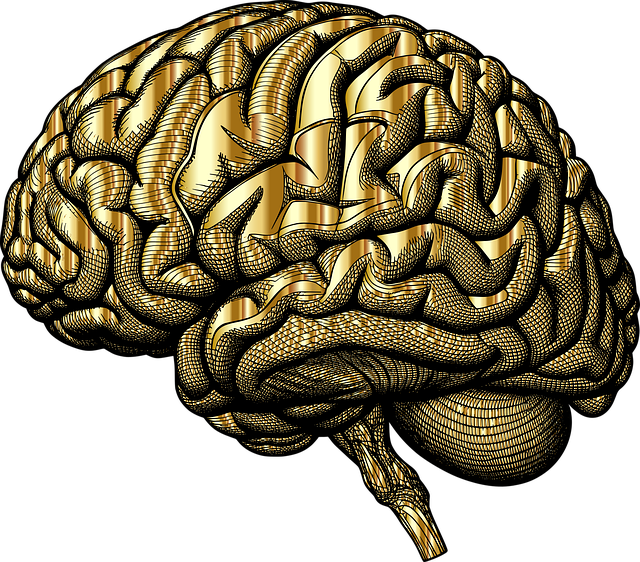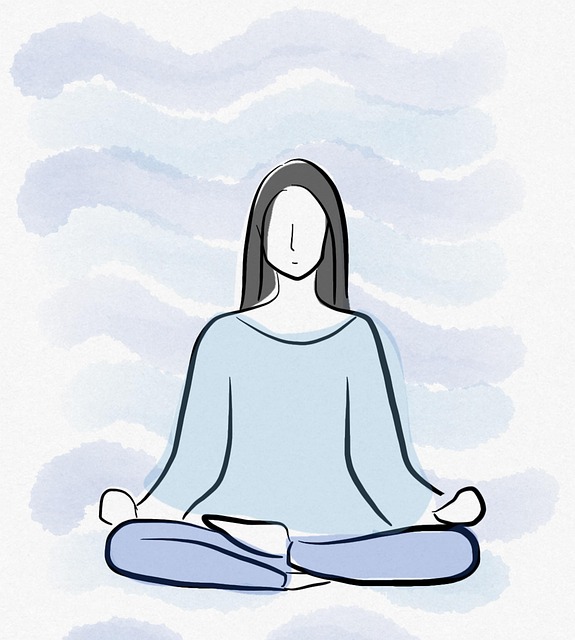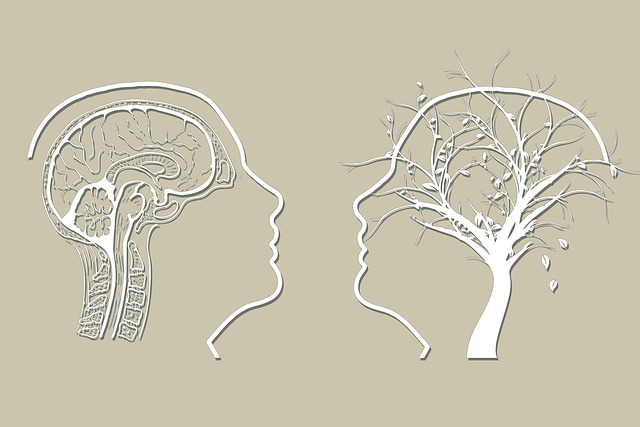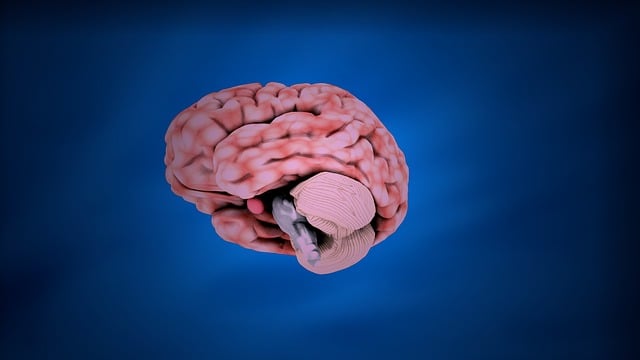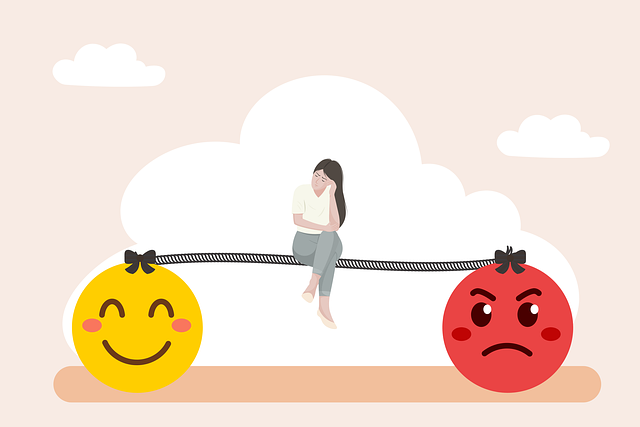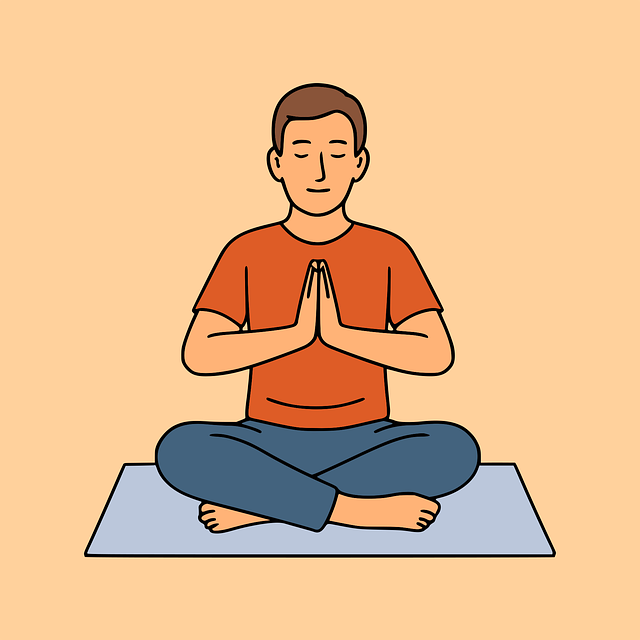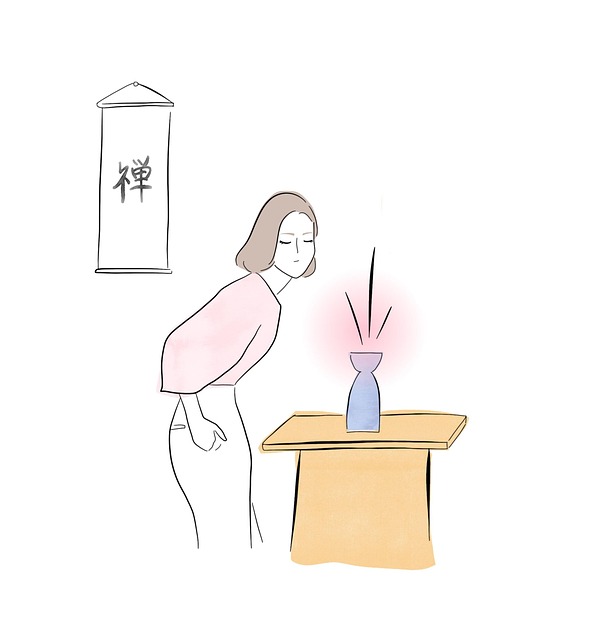Self-care is a vital practice for maintaining physical, emotional, and mental well-being, especially for those who have experienced trauma like child abuse in Lafayette. By prioritizing activities that restore energy, reduce stress, and promote a positive mindset, individuals can enhance resilience, improve coping mechanisms, and support healing processes. For professionals, regular self-care practices are crucial for risk management and preventing burnout. Uncovering personal needs involves navigating a labyrinth of emotions and triggers to identify what nourishes you physically, mentally, and emotionally. Building a sustainable self-care routine, including daily moments of meditation, journaling, or nature time, prevents stress, depression, and promotes emotional intelligence. Overcoming barriers like societal expectations and internalized stigma requires education and advocacy, emphasizing self-care as a necessity. Lafayette Child Abuse Therapy integrates self-care into their treatment plans through compassionate cultivation and social skills training to build resilience and promote well-being among clients.
Self-care is not a luxury but an essential practice for maintaining mental well-being. In today’s fast-paced world, understanding and prioritizing personal needs are more crucial than ever. This article guides you on a journey of self-discovery, offering insights into improving self-care practices. We explore the basics, benefits, and barriers, while drawing lessons from Lafayette Child Abuse Therapy to highlight the profound impact of self-care on mental health. By the end, you’ll be equipped with strategies for building a sustainable routine that enhances overall well-being.
- Understanding Self-Care: The Basics and Why It Matters
- Identifying Personal Needs: A Journey to Self-Discovery
- Building a Sustainable Self-Care Routine
- Overcoming Barriers: Challenges in Practicing Self-Care
- The Impact of Self-Care on Mental Health: Lessons from Lafayette Child Abuse Therapy
Understanding Self-Care: The Basics and Why It Matters

Self-care is a fundamental practice that involves attending to one’s physical, emotional, and mental well-being. It is about creating a balanced lifestyle that nurtures your overall health. Understanding self-care basics is crucial for everyone, but it holds significant importance for individuals who have experienced trauma or challenges like child abuse in Lafayette. By prioritizing self-care, you can enhance your resilience, improve coping mechanisms, and promote healing.
Engaging in regular activities that restore your energy, reduce stress, and foster a positive mindset is essential for risk management planning among mental health professionals. This includes adopting healthy habits such as adequate sleep, proper nutrition, and engaging in physical exercise. Additionally, participating in social skills training or stress management workshops organized by reputable organizations can empower individuals to develop effective strategies for navigating life’s challenges. These practices collectively contribute to a holistic approach to well-being, ensuring that mental health professionals not only help others but also maintain their own balance and prevent burnout.
Identifying Personal Needs: A Journey to Self-Discovery

Uncovering your personal needs is a transformative journey that forms the bedrock of self-care practices improvement. It’s akin to navigating a labyrinth where every turn reveals a facet of yourself—a process often facilitated by therapists in Lafayette, especially those specializing in child abuse therapy. This introspective exploration involves delving into your emotions, identifying triggers, and understanding what truly nourishes you physically, mentally, and emotionally. By recognizing these needs, individuals can begin to make informed decisions about their well-being, setting boundaries, and prioritizing self-care.
This journey of self-discovery goes beyond mere relaxation techniques or fleeting mood boosters; it’s about cultivating a profound awareness of your inner world. Therapists often guide clients in this process through various methods, including therapy sessions, stress management workshops, and mindfulness exercises. By embracing these practices, individuals can enhance their self-esteem, build resilience against life’s challenges, and create lasting positive changes. For instance, learning effective stress management strategies through organization and planning can significantly impact one’s overall sense of control and well-being.
Building a Sustainable Self-Care Routine

Building a sustainable self-care routine is an essential step towards fostering emotional intelligence and enhancing overall well-being, especially for individuals who have experienced challenges like Lafayette Child Abuse Therapy. It’s not just about taking time for oneself but creating healthy habits that support emotional healing processes. Start by identifying activities that bring you joy and peace, whether it’s meditation, journaling, spending time in nature, or engaging in a hobby. Consistency is key; set aside dedicated moments each day to practice self-care, ensuring it becomes an integral part of your routine.
Over time, this routine will not only help manage stress and promote mental clarity but also serve as a powerful tool for depression prevention. It encourages individuals to prioritize their emotional needs, fostering a sense of control and resilience. Remember, small, consistent actions add up; a well-structured self-care regimen can revolutionize your overall health and outlook on life, providing a solid foundation for navigating life’s challenges, including the recovery process from trauma or abuse.
Overcoming Barriers: Challenges in Practicing Self-Care

Overcoming barriers is a crucial step in enhancing self-care practices, especially for individuals who have experienced challenging life events such as Lafayette Child Abuse Therapy cases. Many people struggle with incorporating self-care into their routines due to various reasons. One of the primary challenges is the mental block that arises from societal expectations and pressures. The idea of taking time for oneself might seem indulgent or even selfish, especially in cultures that prioritize collective responsibilities over individual well-being. This misconception needs to be addressed through education and advocacy, emphasizing the importance of self-care not as a luxury but as a necessity for maintaining mental health.
Another significant barrier is the internalized stigma associated with seeking help for mental health issues, which is often exacerbated by the Mental Illness Stigma Reduction Efforts. Many individuals might feel ashamed or embarrassed about their struggles, leading them to neglect their emotional and psychological needs. Encouraging open conversations about mental health and fostering an environment of support and understanding are vital steps in overcoming this challenge. The Mind Over Matter Principles can offer valuable tools for individuals to reconnect with themselves, manage stress, and prioritize self-care despite these societal and internalized barriers.
The Impact of Self-Care on Mental Health: Lessons from Lafayette Child Abuse Therapy

At Lafayette Child Abuse Therapy, the focus on self-care is a cornerstone of their approach to mental health treatment. Through various therapeutic methods, they emphasize the profound impact of self-care practices on cultivating resilience and enhancing overall well-being. The therapy centers around teaching individuals, especially children, effective coping skills development, which serves as a powerful tool against stress and trauma. By incorporating compassion cultivation practices, clients learn to nurture themselves and build a sense of inner strength.
This holistic perspective extends beyond individual therapy sessions. Lafayette Child Abuse Therapy also integrates social skills training, recognizing the importance of healthy relationships and social connections in one’s mental health journey. These skills empower individuals to create supportive networks, fostering a sense of belonging and further reinforcing their ability to practice self-care effectively within a community setting.
Self-care is a powerful tool for enhancing mental health, as exemplified by the work of Lafayette Child Abuse Therapy. By understanding our basic needs, discovering personal requirements, and building sustainable routines, we can overcome barriers and significantly improve our well-being. This journey of self-discovery encourages us to prioritize ourselves, leading to a healthier and more balanced life. Embracing self-care practices is not just a trend but an essential aspect of navigating modern challenges and fostering resilience.

